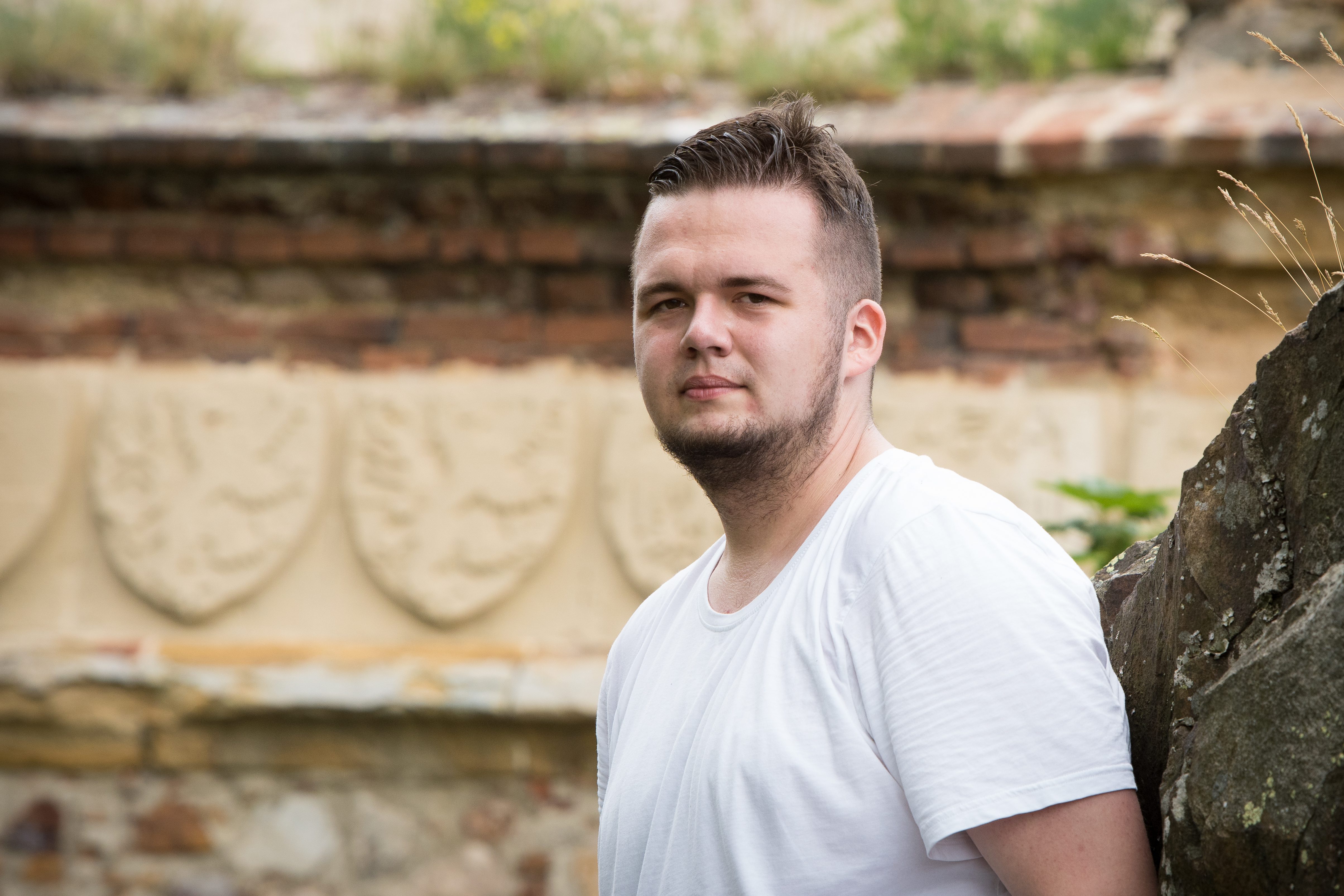13. 06. 2024
Next in our series of mini-interviews with fellow doctoral researchers is an interview with Alex Mičáň from the Department of Economic and Social Policy, Faculty of Economics at the Prague University of Economics and Business,

1. Why did you go for a doctorate, and what do you do?
My first thought about doctoral studies came during my first year at university, but I had yet to think about which direction to go. I have dealt with it more intensively for the last two years and decided to devote my future career to science, research, and higher education. Doctoral studies were the first...